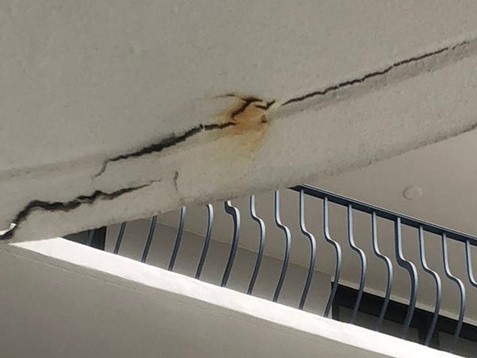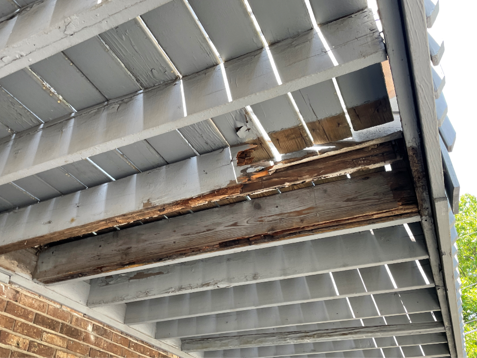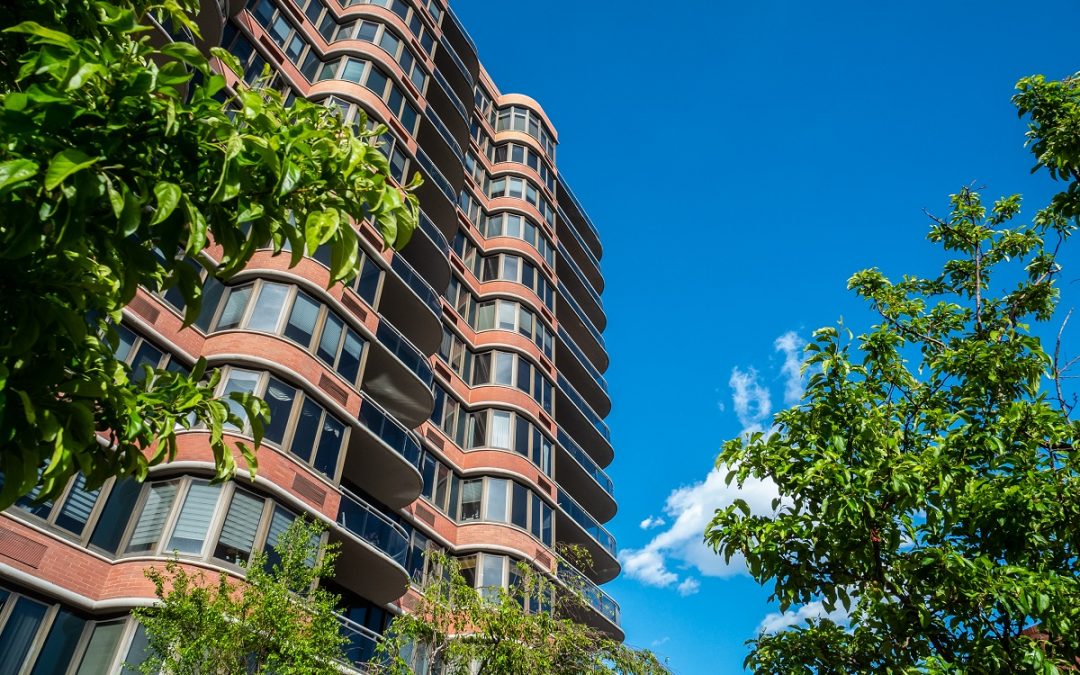In the ever-changing landscape of property ownership, Florida’s condominiums and co-ops face a paradigm shift with the implementation of the Condo Safety Bill, signed into effect by Governor Ron DeSantis on May 26, 2022. As of December 31, 2024, condos (FL Statute 718) and co-ops (FL Statute 719) with three stories and more must comply with a new standard, ushering in a crucial era of structural integrity scrutiny. One pivotal aspect of this legislation is the introduction of the Structural Integrity Reserve Study (SIRS), a comprehensive examination of key elements that constitute a building’s structural integrity.
The study, mandated every 10 years, focuses on eight critical elements, each playing a crucial role in the safety and longevity of the structure:
- Roof
- Structural Systems
- Fireproofing & Fire Safety
- Exterior Painting & Waterproofing
- Plumbing
- Electrical Systems
- Windows & Exterior Doors
- Other elements over $10,000 impacting structural integrity
The responsibility for compliance lies with the Building Code Official in each county and municipality. Inspection reports, including the SIRS findings, are to be submitted to both the Building Code Official and the Home Owners Association.
Furthermore, Florida Reserve Study Laws, specifically SB 154, outline the criteria for a qualified “structural integrity reserve study.” This study, focusing on visual inspections of the condominium property, mandates involvement from licensed engineers, architects, or certified reserve specialists.
In the quest for structural soundness, the SIRS must identify each item’s remaining useful life, estimated replacement cost, and deferred maintenance expense. The study then provides a reserve funding schedule, ensuring that the recommended annual reserve amount meets the estimated replacement cost or deferred maintenance expense of each inspected item by the end of its remaining useful life.


The Impact of SIRS in Florida
While associations may, by majority vote, waive or reduce reserves, the Condo Safety Bill places restrictions on such decisions post-December 31, 2024. Notably, unit owner controlled associations may not determine to provide no reserves or less reserves than required for a budget adopted on or after this date.
A Structural Integrity Reserve Study becomes an official record, mandatorily maintained by the Association for fifteen (15) years. Prospective purchasers are granted the right to inspect the most recent study, and the absence of such a study must be disclosed.
Failure to complete a Structural Integrity Reserve Study is considered a breach of an Officer or Director’s fiduciary duty. However, exemptions apply to buildings less than three stories, certain dwellings, and components outside the condominium form of ownership.
In Florida, with separate statutes for Condominium Associations (Chapter 718) and Homeowners Associations (Chapter 720), the responsibilities of the Board of Directors, especially in budgeting for reserve accounts, are clearly outlined in Florida Statute 718.112 (f) Annual Budget.

Connect With Kipcon for Help With Your SIRS
Navigating this intricate landscape requires expertise, and that’s where Kipcon Engineering shines. As reserve study specialists, Kipcon stands ready to guide you through the complexities of the new laws, ensuring your community remains structurally sound and compliant.
To learn more about how Kipcon can assisit you with your Structural Integrity Reserve Study, be sure to contact Kipcon at (800) 828-4118 or click here!
